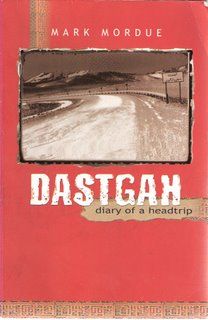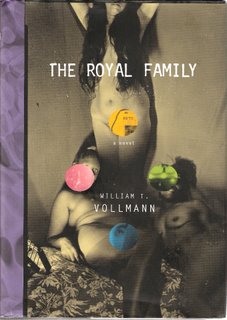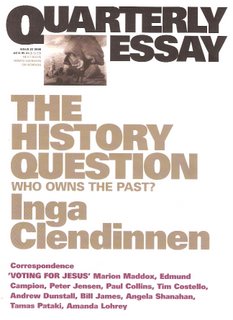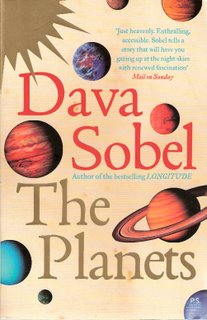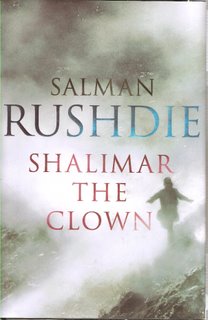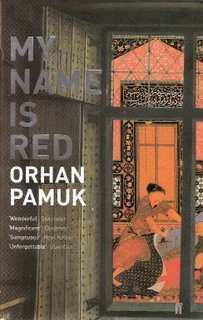I was smiling when I backed the car into my parking spot behind my apartment block yesterday evening. It was about 8:30 p.m. when I got home after having a few drinks with my classmates at Manning Bar just across the street from the University of Sydney's gorgeous Quadrangle, its flowered borders and a small parking lot. Our tutor, Mark, was there, and some of us stayed until the bar closed at 8:00, nursing a half-full jug of Toohey's New. Fain to let go of the aura of belonging, fain to depart on the next endeavour of our careers.
I was smiling because of what happened earlier in the evening, when the girl who always sits next to me in class left the table and went off into the twilight with joy in her heart. Before she left, she declared that "I'm going to eat a roast dinner!", because her relative had invited her to come over for dinner. She jumped up from the bench and, turning round to face me, grabbed me by both shoulders and planted a good, solid kiss on my astonished cranium.
I wonder if it was pleasant. I doubt it. I smoke, and last semester, when we had a class exercise where we smelled each others' heads and wrote a description, my neighbour declared that mine smelled like a traditional gentleman's smoking jacket (or something similar). I forget now exactly what she said. Let's just say that my black, wiry hair gives off an odour of cigarettes, and make no mistake. It's also going grey around the edges.
The smile endured throughout the evening. I was still smiling after Media Watch and the SBS 9:30 News. I was still smiling as I made some last-minute touches to my assignment, and when I slipped the chain onto the door. I was still smiling while brushing my teeth, and when I tucked myself into bed at around 11:00.
Today I'm not smiling, but the memory of that strange kiss, accompanied by the words "It was good working with you" that she announced thereupon, endure in my heart. I'll never forget it. I don't even know her first name or her surname, although I know she lives in Kings Cross.
Maybe the not forgetting was the whole point.
I was smiling because of what happened earlier in the evening, when the girl who always sits next to me in class left the table and went off into the twilight with joy in her heart. Before she left, she declared that "I'm going to eat a roast dinner!", because her relative had invited her to come over for dinner. She jumped up from the bench and, turning round to face me, grabbed me by both shoulders and planted a good, solid kiss on my astonished cranium.
I wonder if it was pleasant. I doubt it. I smoke, and last semester, when we had a class exercise where we smelled each others' heads and wrote a description, my neighbour declared that mine smelled like a traditional gentleman's smoking jacket (or something similar). I forget now exactly what she said. Let's just say that my black, wiry hair gives off an odour of cigarettes, and make no mistake. It's also going grey around the edges.
The smile endured throughout the evening. I was still smiling after Media Watch and the SBS 9:30 News. I was still smiling as I made some last-minute touches to my assignment, and when I slipped the chain onto the door. I was still smiling while brushing my teeth, and when I tucked myself into bed at around 11:00.
Today I'm not smiling, but the memory of that strange kiss, accompanied by the words "It was good working with you" that she announced thereupon, endure in my heart. I'll never forget it. I don't even know her first name or her surname, although I know she lives in Kings Cross.
Maybe the not forgetting was the whole point.
